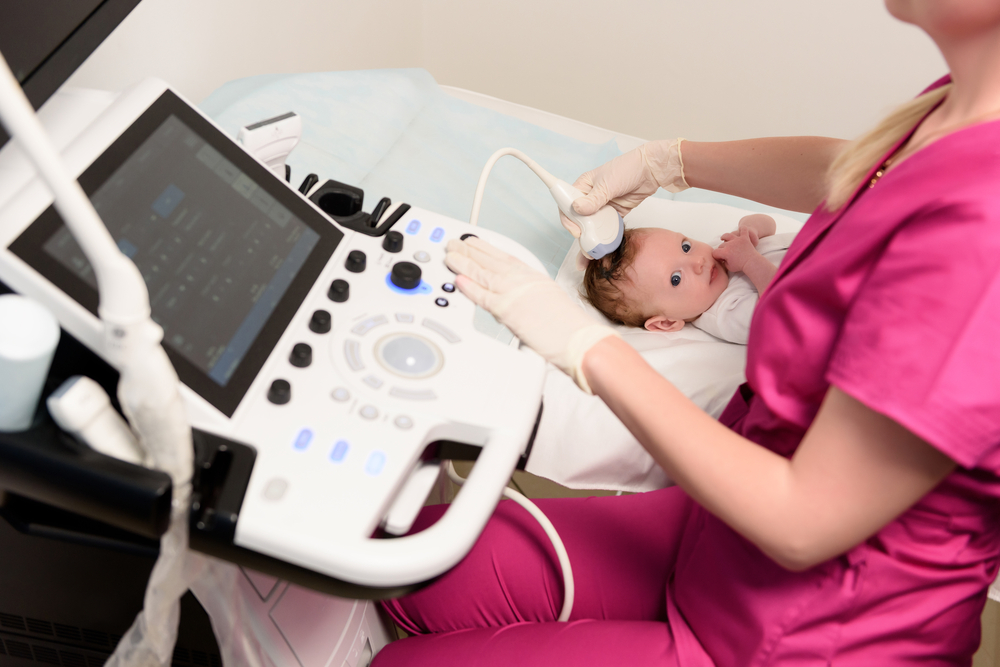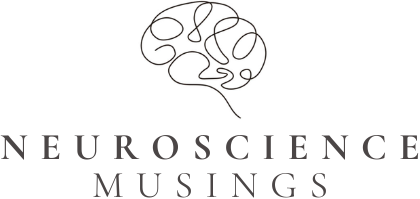
Hi All,
I’m very excited about this new pillar! (As you know, my previous writings mainly focused on general neuroscientific frameworks and science topics related to the corporate world.) In general, I’m happy that topics around brain health are becoming more talked about, as they are central to the quality of our lives. However, I don’t think we are aware enough yet of the importance of the first years of our lives. Our earliest experiences shape our brains when they are most plastic and vulnerable, having an immense impact on the trajectory of our lives. In a way, I’m stunned that the topic of early brain development isn’t more popular yet. So, let’s change that!
Brain Development Introduction: 7 Basics
The following is a gentle starting point and a peek into topics for future articles. To note, the points are not in order of priority.
Enjoy!
1. At birth, our brain is only ~1/4 of its final size.
Humans are considered the most helpless species at birth, and our survival fully depends on our parents/primary caregivers. The infant years are crucial for healthy brain development (more in point 3). Also, our brain is only fully developed in our mid-twenties (more in point 2).
2. Brain regions develop “back to front”.
Brain areas at the back of the brain (closest to the spinal cord) are responsible for primal functions (e.g., breathing and swallowing) and develop first. Many of these functions work subconsciously.
In contrast, brain areas at the front (behind our foreheads) are responsible for higher cognitive functions (like problem-solving, rationalising, impulse control) and develop last. You might have heard of the prefrontal cortex (PFC)? This structure is at the front of the brain and only fully develops once we reach our mid-twenties. (Good news: if you think being 30 is old, look at it this way: you have only lived 5 years with a fully developed brain!)
Note: Size ≠ Function. Brain development is complex, and many mental processes rely on neuronal circuits covering more than one brain region. Our brains are plastic and undergo changes as long as we live. For further reading, see articles on Neuroplasticiy and Brain Anatomy.
3. The first three years of life are the most pivotal time (postnatal) for healthy brain development. Why?
Research suggests that by the age of three, 90% of the brain has developed. During this time, the brain undergoes rapid synapse formation, where connections between neurons (synapses) form at much higher speed than later in life. This is called synaptic proliferation and lays the foundation for learning, memory, and cognitive development. Severe stress during this time (e.g., attachment trauma) can directly impact brain development and brain health in adult life. A healthy brain and nervous system are the foundation for raising thriving individuals.
“What is the greatest privilege a person can have? Growing up with emotional support.”
– Dr LePera, Psychologist
4. Infantile Amnesia & What we get wrong about our earliest memories.
To note, the topic of memory is complex; please take the following as a heavily simplified version.
To have conscious memory, we need various brain areas (e.g., the hippocampus, where memories are formed), a concept of the world (to give meaning to an event), and networks to retrieve the previously formed memory (e.g., the limbic system). A baby’s brain is not developed enough yet to facilitate these processes. For example, a baby lacks a concept of the world, and many brain areas aren’t developed yet. Hence, we cannot consciously remember experiences in our earliest years of life (this is called infantile amnesia). HOWEVER, as we know, our earliest experiences strongly impact the trajectory of our lives.
How does this fit together?
Our subconscious is highly receptive from birth. As mentioned, babies are fully dependent on caregivers, unmet needs raise stress levels. Being ignored or neglected threatens survival, causing the nervous system to enter a sympathetic (fight/flight/freeze) state. Trauma is largely experienced in the autonomic nervous system, which develops in utero and controls most subconscious functioning. In other words, the subconscious part of our brain and body “store” traumatic memories even if we cannot consciously recall them!
This point is very important to me, as I don’t want us to brush potentially harmful situations off with “they won’t remember anyway” – their conscious mind might not, but their subconscious most likely will.
Also, if you enjoy the articles and would like to support Neuroscience Musings, here’s a way: Ko-fi.com/neurosciencemusings. If you choose to do so: Thank you!!
5. Why does therapy so often search for answers in childhood?
Because this is when we are “programmed” (or in other words, when we “learn life”). What we experience growing up sets our baseline and what we perceive as “normal”. For example, it determines how we view and live relationships, our behaviour patterns (mostly by modelling our primary caregivers), and what we believe we are worth (our self-esteem is heavily influenced by the worth others people ascribe to us growing up). As mentioned, our early childhood experiences shape us deeply on a subconscious (and later conscious) level. As children, what we know through our parents is our whole world and crafts our “blueprints”.
Yes, we can have contrasting experiences later on in life. However, it usually takes work to change our inner structures formed early on. It is not impossible but it usually takes conscious effort to 1) identity our patterns and 2) change them (e.g., acquire a new worldview or sense of self).
6. Prenatal influences
It probably comes as no surprise that brain development starts inside the womb. The baby is part of the mother’s body, and what she experiences and consumes, the baby (to a large extent) experiences and consumes. So, what are the determining factors for healthy prenatal brain development? Yes, alcohol, smoking, and drugs are bad! However, I want to highlight the impact of maternal stress on the developing brain as, in my experience, this factor often gets understated. High levels of stress hormones interfere with optimal brain development both directly by acting on developing neurons and indirectly by altering the course of pregnancy. It was found that prenatal stress decreases a baby’s head circumference. Also, when looking at environmental influences on a child’s intelligence, prenatal experience is suggested to be one of the most potent.
7. You cannot spoil a baby or love them “too much”
The idea that a child will grow up to be entitled or selfish if picked up and attended to too much is (luckily) long proven wrong. Yes, older children need boundaries and parental guidance. However, attending to a baby’s needs (e.g., picking them up when crying) is essential for their development. Babies cry to communicate their needs, not to manipulate us. Many “toughening up” practices are simply inducing trauma on the child. I will leave you with the following quote:
“What we really need with babies is to stop thinking about them as hard-to-please bosses. They’re helpless little beings that have come into this world, and we must look at them with empathy and compassion.”
– Debmita Dutta, MD
What’s your opinion on the topic?
You can reach me on instagram @neuroscience.musings or via the contact form.
Have a great day!!
Best regards,
Sarah
Resources:
- Cook, W. & Klaas, K. (2020). Mayo Clinic Guide to Your Baby’s First Years. Mayo Clinic Press.
- Eliot, L. (1999). What’s going on in there. How the brain and mind develop in the first five years of life, 294(5).
- Alberini, C. M., & Travaglia, A. (2017). Infantile amnesia: a critical period of learning to learn and remember. Journal of Neuroscience, 37(24), 5783-5795.
- Budson, A. E., Richman, K. A., & Kensinger, E. A. (2022). Consciousness as a memory system. Cognitive and Behavioral Neurology, 35(4), 263-297.
- Porges, S. W., & Furman, S. A. (2011). The early development of the autonomic nervous system provides a neural platform for social behaviour: A polyvagal perspective. Infant and child development, 20(1), 106-118.
- https://www.bbc.com/future/article/20210222-the-unusual-ways-western-parents-raise-children
- https://www.zerotothree.org/resource/how-developed-is-the-brain-by-birth/
- https://www.zerotothree.org/resource/understanding-brain-development-in-babies-and-toddlers/


